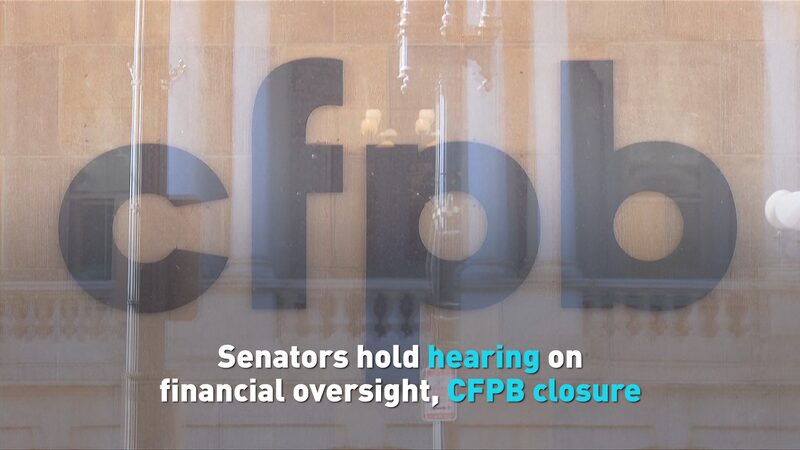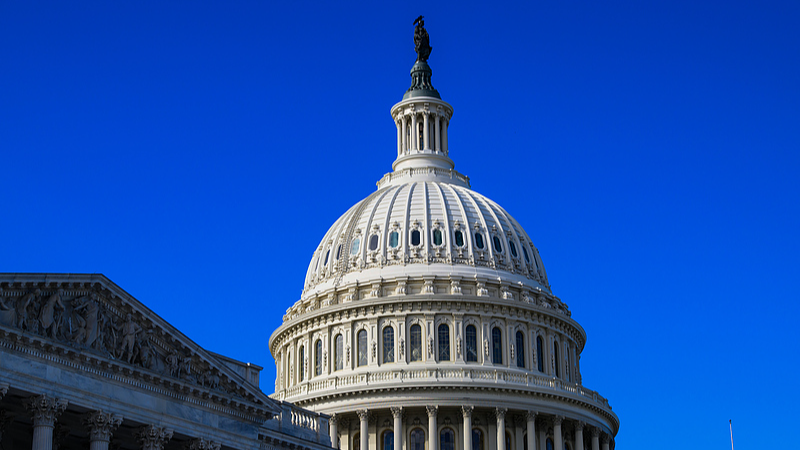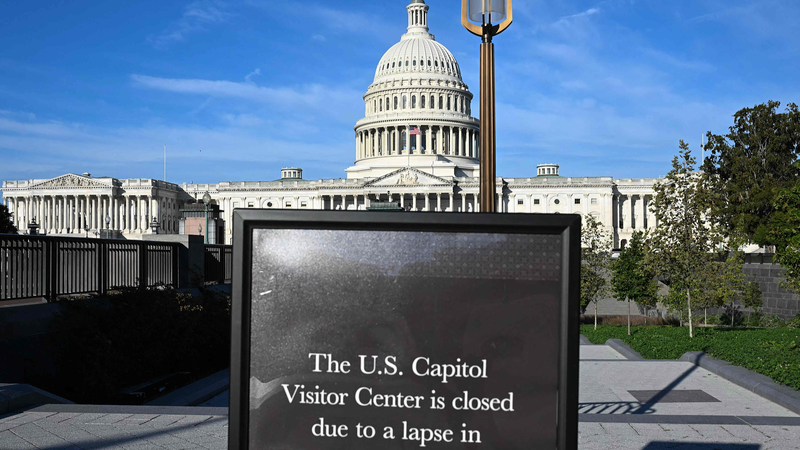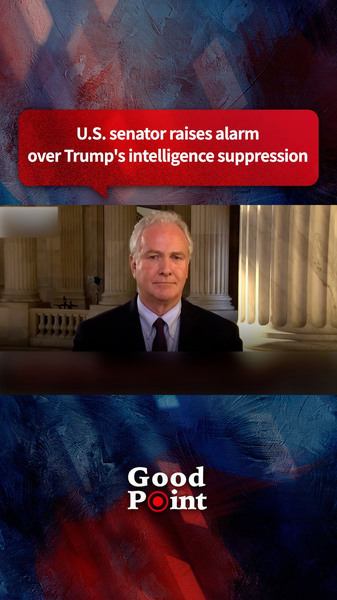The closure of the Consumer Financial Protection Bureau (CFPB) marks a significant shift in the United States' approach to financial regulation. Established to protect consumers in the financial sector, the CFPB has been a cornerstone of financial oversight since its inception.
Senator Elizabeth Warren, the founder of the CFPB, voiced her apprehensions on Tuesday, February 11, highlighting the potential weakening of financial oversight as a direct consequence of the bureau's shutdown. Warren emphasized that the absence of the CFPB could lead to increased vulnerabilities for consumers and undermine the integrity of financial markets.
The decision to shutter the CFPB headquarters was part of broader austerity measures implemented during the Trump administration. These cutbacks aimed to reduce government expenditures but have sparked debate over the long-term implications for consumer protection and financial stability.
As the CFPB ceases operations, lawmakers and financial experts are closely monitoring the situation to assess the impact on regulatory frameworks and consumer rights. The future of financial oversight in the U.S. remains uncertain, with stakeholders calling for robust measures to ensure that consumer protections are not diminished.
Reference(s):
cgtn.com








